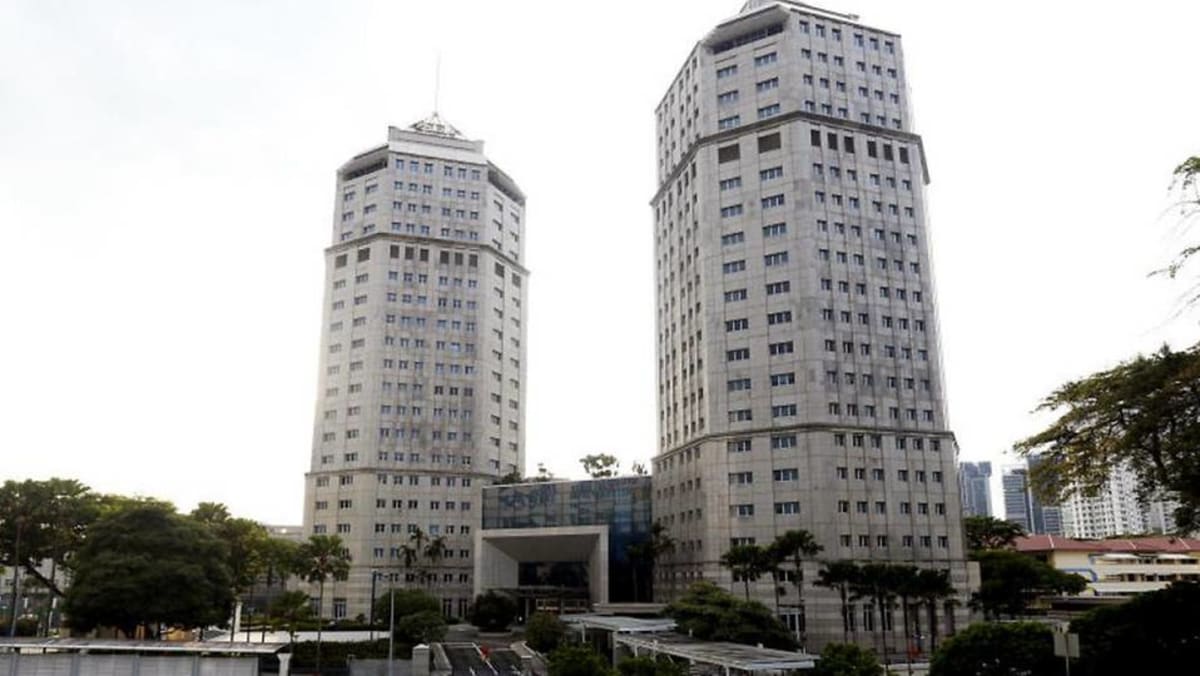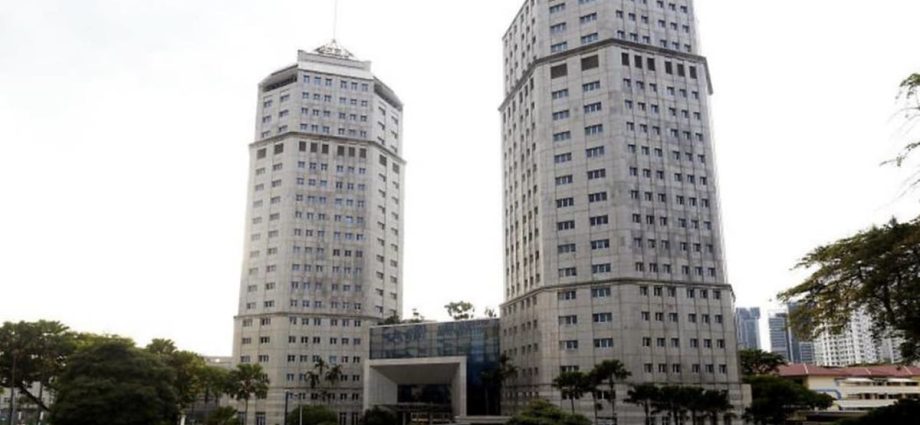
SINGAPORE: Two self-radicalised Singaporeans were released from detention in July after they showed good progress in their rehabilitation, the Internal Security Department (ISD) said on Thursday (Nov 30).
Both men were assessed to no longer pose a security threat requiring preventive detention, added ISD.
The first man, Suderman Samikin, 51, was detained under the Internal Security Act (ISA) in July 2019 as he was a “staunch supporter” of the Islamic State and had planned to travel to Syria to join the group.
The former delivery assistant had joined a pro-Islamic State Facebook group in April 2014 and actively sought advice on how to join the Islamic State.
He also became acquainted with foreign pro-Islamic State elements through the Facebook group and was prepared to help when two of them wanted to visit Singapore to purchase “tactical apparel”, said the Ministry of Home Affairs (MHA) in 2019. The visit did not materialise.
Suderman also offered one of the two contacts financial assistance to fight in Syria. In turn, the duo invited him to join an overseas pro-Islamic State group in which they were involved.
From July 2014 to June 2019, Suderman was in prison for drug consumption. While he was in prison, he continued to harbour intentions to join the Islamic State. He was arrested under the ISA upon his release.
The second man released in July was 60-year-old Mustafa Sultan Ali, who had travelled to Turkey in June 2015, intending to cross into Syria to join Islamic State.
He had taken that travel route in the hope of hiding his tracks, MHA said in 2015.
“Investigations showed that Mustafa had been deeply radicalised by the terrorist ideology of ISIS (Islamic State of Iraq and Syria) and other radical ideologues he had come across online,” the ministry said then.
“He had travelled to Turkey and tried to make his way to Syria in order to participate in armed violence by fighting alongside ISIS.”
He was arrested by Turkish authorities, deported to Singapore and subsequently detained under the ISA in July 2015.
Both men were released on restriction orders.
A person issued with a restriction order must abide by several conditions and restrictions. For example, they are not permitted to change their residence or employment, or travel out of Singapore without approval from the director of ISD.
They also cannot access the internet or social media, issue public statements, address public meetings, or print, distribute, or contribute to any publication, without approval from the director of ISD.
They have to seek approval from ISD to hold office in or be a member of any organisation, association or group.

